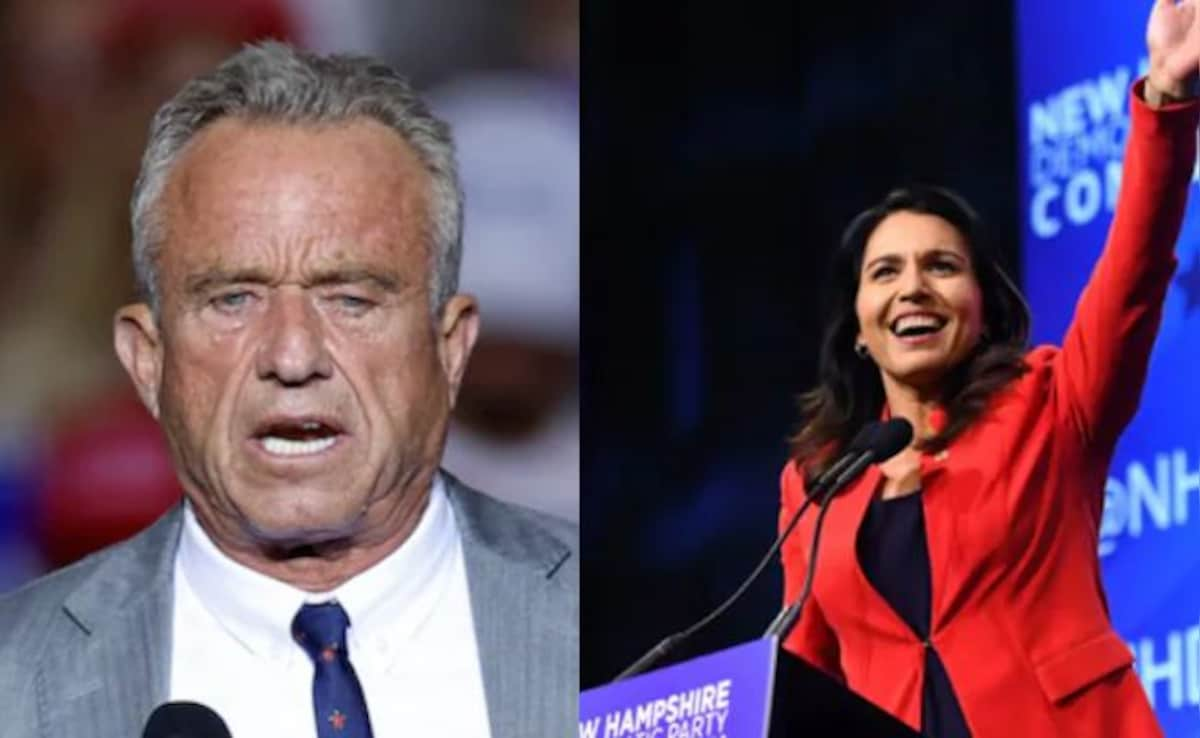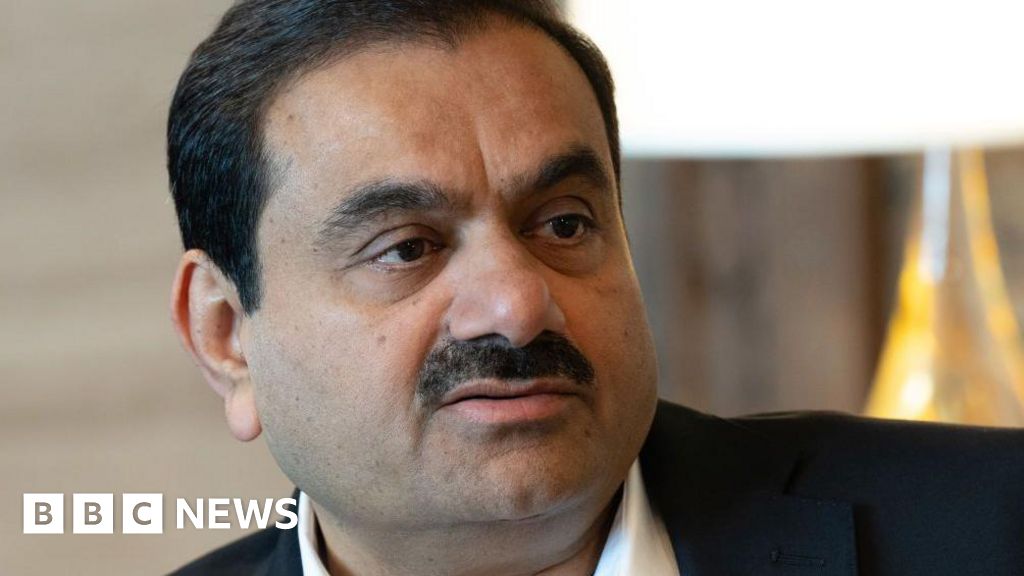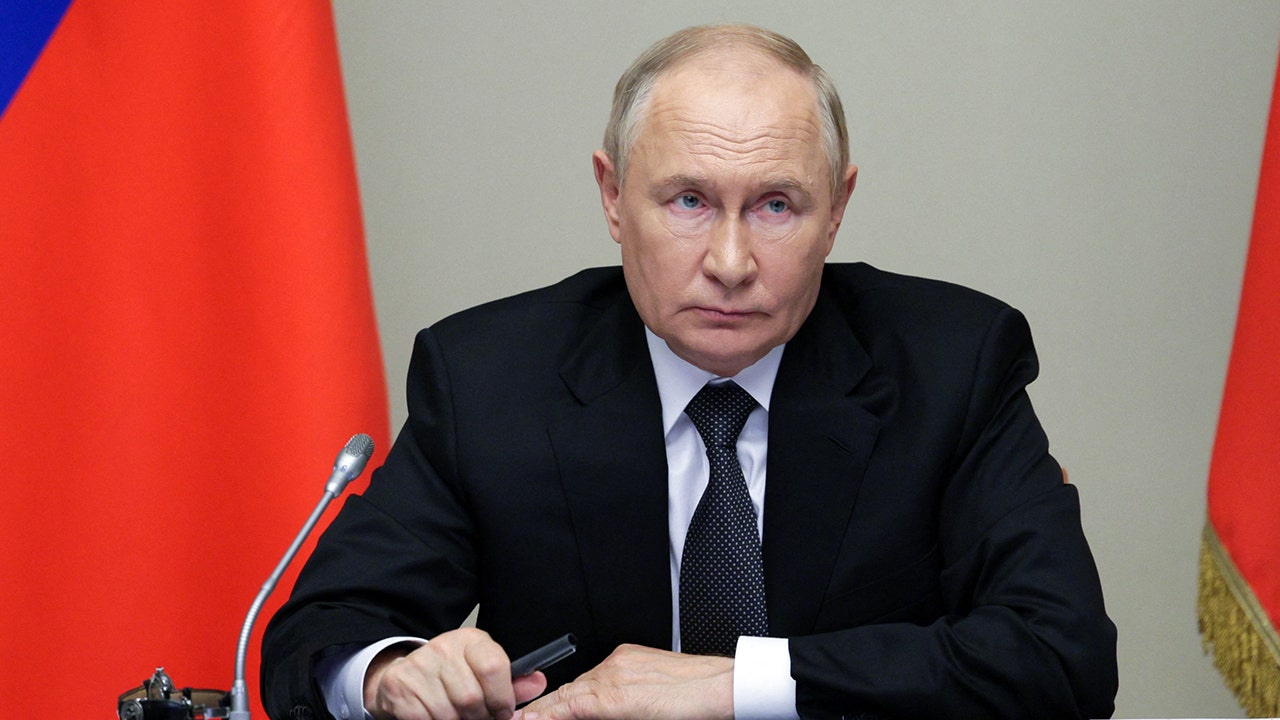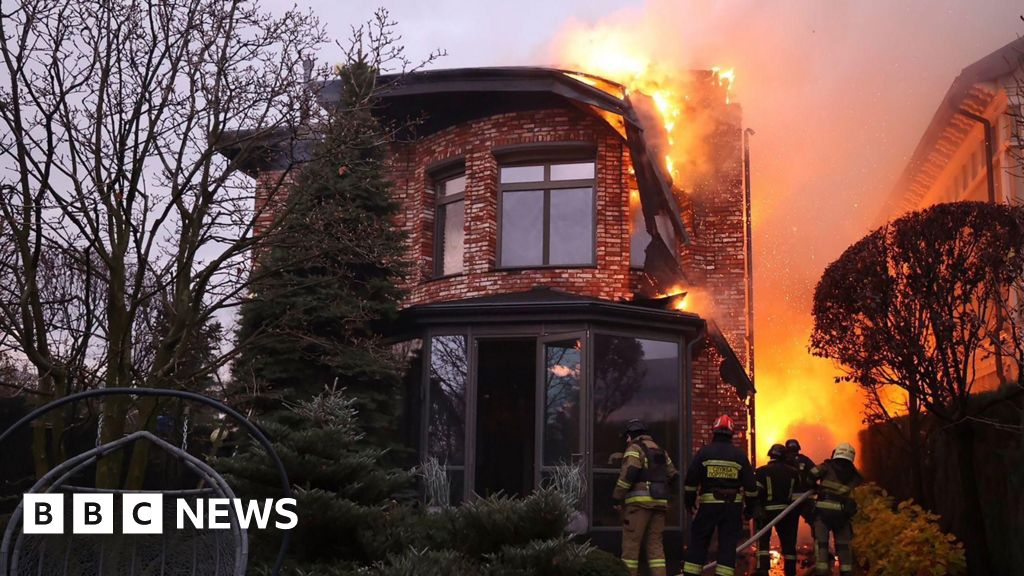World
US not involved in death of top Hamas chief Ismail Haniyeh, Antony Blinken says

US Secretary of State Antony Blinken said America was not involved with the assassination of Hamas leader Ismail Haniyeh, or even aware it was happening.
He urged mediators to accept a cease-fire deal and avoid an all-out war in the region.
Speaking with Channel News Asia on Wednesday, Blinken stressed that the airstrike that killed Haniyeh in Tehran “is something we were not aware of or involved in.”
Iran quickly blamed Israel for the strike and vowed retaliation — though Israeli officials have not claimed responsibility.
Blinken’s statement comes after Iran and Palestinian officials, who have vowed revenge for Haniyeh’s death, said the US was also to blame over its continued support of Israel in the war against Hamas.
The secretary said it was difficult “to speculate” what Haniyeh’s death would mean to the ongoing cease-fire negotiations, as many fear it will trigger further war and chaos in the region.
Israeli Defense Minister Yoav Gallant, who recently met with US Defense Secretary Lloyd Austin, did not rule out war as a possible result of Haniyeh’s death.
“We don’t want war but we are preparing for all possibilities,” Gallant said.
Hamas put out a similar statement, with senior official Khalil Al-Hayya claiming it did not want the war in Gaza to spread to the whole region, but warning Israel that Haniyeh’s killing is a “crime that should be punished.”
Qatari Prime Minister Sheikh Mohammed bin Abdulrahman bin Jassim Al Thani, whose government has been leading the cease-fire negotiations, warned that Haniyeh’s killing will only hamper efforts to end the war in Gaza and free the remaining hostages.
“Political assassinations & continued targeting of civilians in Gaza while talks continue leads us to ask, how can mediation succeed when one party assassinates the negotiator on the other side?” the prime minister said in a statement.
Blinken, however, said mediators needed to push Israel and Hamas to accept the US-backed peace deal in order to avoid further bloodshed and free the hostages.
“It’s profoundly in the interest of putting things in a better path,” he said. “We’ll continue to work at that every day.”
Officials in the United Arab Emirates, a major power in the Middle East, echoed the need to settle things between Israel and Hamas through diplomacy, lest the entire region be thrown into instability.
“[We are] closely monitoring the rapid regional developments and expresses its deep concern over the continued escalation and its repercussions on security and stability in the region,” the UAE Foreign Ministry said in a statement.
“[Our country] believes that enhancing dialogue, adhering to international laws, and respecting the sovereignty of states are the best foundations for resolving current crises,” it added.








